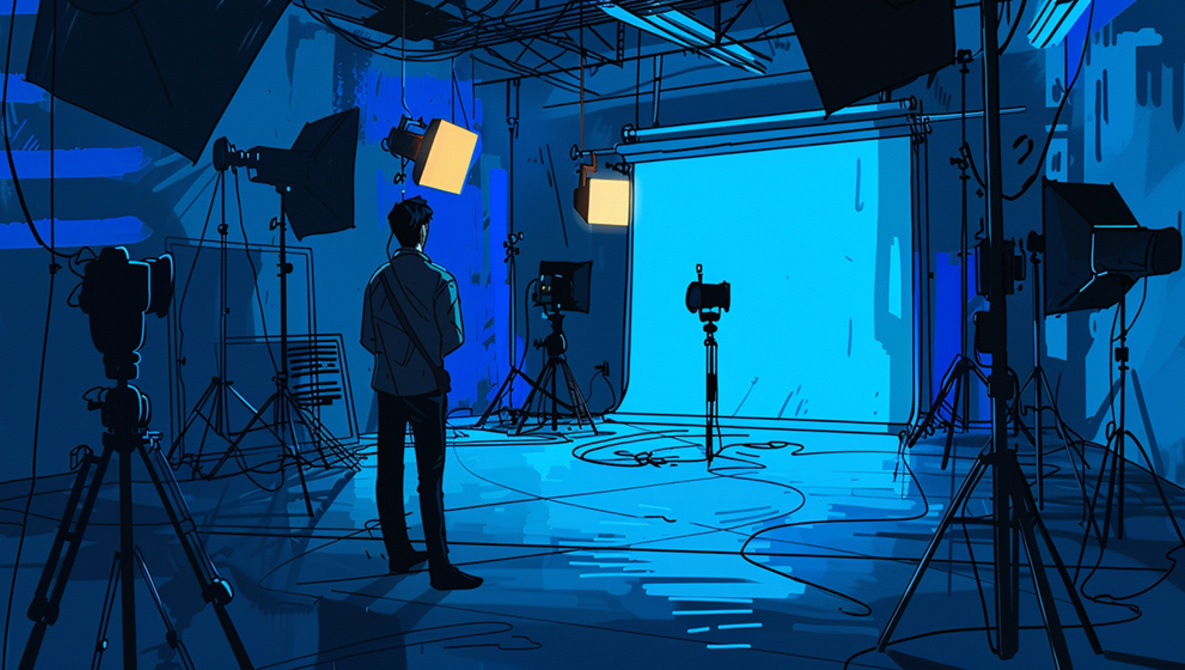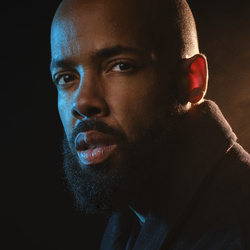So you’ve fallen in love with photography and you’re trying to decide if your new passion could become a career. Well, here are a few questions to ask yourself before you take the leap.
The other day, I was listening to the new Turner Classic Movies podcast, Talking Pictures, hosted by Ben Mankiewicz, and his guest for the day, Alexander Payne, the director of films such as The Holdovers, Sideways, The Descendants, About Schmidt, and Election. Asked about how he went about becoming a director, Payne mentioned that when you decide to become a film director, you are not so much choosing a career as a lifestyle. You’re not only acknowledging that you enjoy being on set, working with actors, telling other people what to do, etc., but you are also choosing to live a life where there are long periods of time without work, where you are often only going to be judged by the success or failure of your latest project, and where your daily existence is a juggling act between artistic passion and practical compromise. In other words, it's not just the physical doing of the job one must consider. It’s the totality of the life that comes along with that decision.
While Payne was discussing life as a filmmaker, many of the same considerations apply to photographers, musicians, actors, and other artists who want to make their passion into their source of income. As someone who has worked professionally as an artist for the majority of my life, I’ve had to deal with these questions more frequently than I care to remember. So, I thought I would share a few with those of you who might be on the cusp of deciding your next steps.
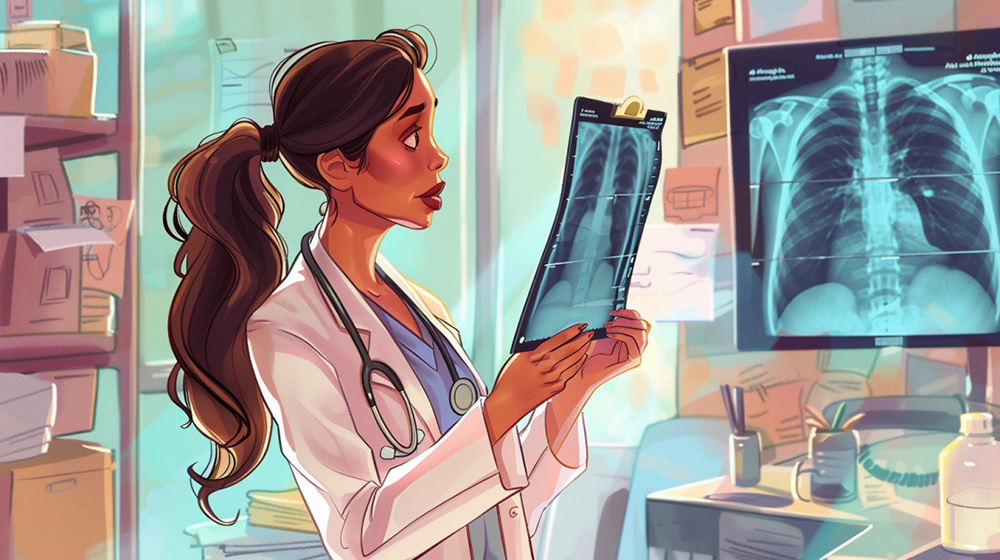
Can You Be Happy Doing Any Other Career?
Seriously. Like any other career. I’m not here to tell you whether or not going full time as a photographer is the right thing for you to do. I don’t know your situation. But I can tell you one universal truth that holds true regardless of your skill level, ambition, or acclaim. There are way easier ways to make a living than being a professional artist.
Over the decades, I’ve worked pretty much every day job known to man, mostly as a way to make ends meet while I was training as an artist. But I have officially held some of the worst, most soul-crushing forms of employment you can imagine. When I had those day jobs, I couldn’t wait for the moment I could rid myself of them and make my living with my passion. Eventually, I was in a position to do so, and I did. And I couldn’t be happier with my decision.
But that’s not to say that my current happiness hasn’t come without a price. Say what I will about life in a cubicle, but at least I always knew where my next meal was coming from. When I wanted to take a risk financially and load up a credit card, the worst-case scenario would be that I would have to peel off a few duckets from upcoming paychecks to gradually chip away at the debt. Things like being able to consistently afford high-quality health insurance are easy to take for granted until your head is barely above water between gigs and you suddenly find yourself in need of unexpected health services. Spare money to go on vacation? Maybe if I’m having an amazing year. But most years, the only time I get on a plane is when it’s being covered by a client, and the only relaxation I’ll get at the destination is during the trips to and from the airport.
I’m not complaining. I chose this. But I point those examples out to dissuade you from the notion that a career as a photographer is a quick path to easy riches or consistent comfort. If you are fortunate enough to reach great heights, you can certainly manage a well-lived life. But, if you’re looking at a career primarily as a way to provide stability for you and your family, there are a million and one other options that might be better choices. There’s nothing wrong with just keeping photography as a passion that you pursue on the side while maintaining a day job. And depending on your responsibilities in life beyond photography, deciding on another course of action may be the smart move.
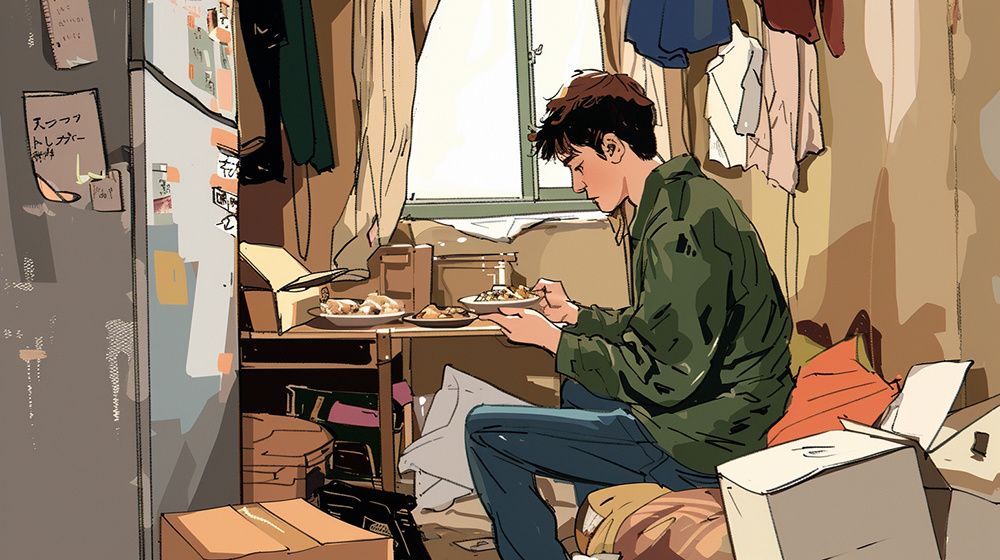
Me? I was not so smart. I’ve had more than one career in life. More than two. More than three. And, in each of them, I’ve been able to reach a position where I could achieve some level of stability. It’s not like I haven’t had the opportunity to live among the swells and go to work every day in a three-piece suit with a briefcase, have an overflowing 401K, do the type of work that lets you retire at 62, and spend the rest of your life relaxing on cruise ships docked in the French Riviera.
But, even when I had those jobs and the financial stability that went along with them, I was miserable. This is an incredibly privileged thing to say, but, aside from the obvious need to feed myself, the money genuinely didn’t mean anything to me. The only thing that mattered to me when I woke up was my art. Not even the financial reward that came from the art, but rather the simple practice of creating it. And I couldn’t fathom not spending absolutely every second of my day dedicated to realizing those ideas in my imagination. So, it didn’t matter that I was (relatively speaking) good at my day job and was making a solid living. I wasn’t happy. And I knew I could only be happy creating my art, no matter the consequences financially.
Surely, that will sound overwrought and overly dramatic to many readers, but, in my case, that obsession with the art form was my truth. And I’m thankful that it was my truth. Because, what one learns after decades of ups and downs over a career is that oftentimes, that unreasonable passion you have for the craft is the only thing that’s going to get you out of bed in the morning. When you’re in an inevitable dry spell and it’s been months since you had a gig, it’s not practical consideration that’s seeing you through. It’s that near-psychotic need you have to make art and an inability to find career happiness in any other way.
So, if there is another career that you feel would make you equally happy, by all means, do it. Objectively speaking, that’s the smart move. But, if there isn’t, understand that things won’t always be smooth sailing. And you’ll need to remind yourself every day just how much you love the art itself.
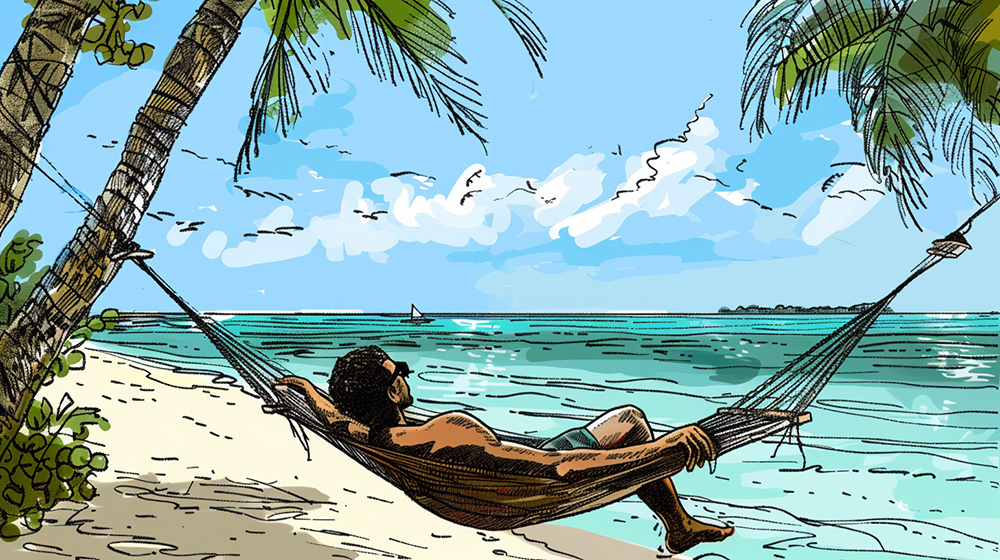
What Type of Life Do You Want?
Okay, so you’ve ignored all my warnings in the first section and you are still determined to go full time in your career as a photographer. Well, before you go head-on into your new calling, there’s another question you should have an answer for. Putting the art aside for a moment, what type of life do you want for yourself?
Here’s an example. I fell in love with photography long before I had the faintest notion of what my particular niche would be. So, like most people, early on, I would try my hand at pretty much every genre within the craft. I’ve always loved documentary and street photography, so a logical option at the time would have been for me to pursue a career as a photojournalist. But then I read a behind-the-scenes article by a prominent photojournalist who had just won a prestigious award for a shot he had taken in a war zone. I can’t remember the actual shot, but the gist of the story was how the photographer spent like a week perched on top of some dumpster in an alley just so he could get the perfect shot in the perfect framing at just the right moment. Clearly, it had paid off in his award recognition. But I’m someone who likes to sleep in my own bed at night. I want to go to work, preferably in an air-conditioned studio or set, then return home at a somewhat predictable time and watch a movie before bed. I know full well that I am not the sort that could spend large portions of my life squatting atop a dumpster waiting for the perfect shot to occur. That’s obviously an extreme example. But the point that was clear to me was that, if I were to pursue a career in photography, photojournalism was probably not the best fit for my temperament as a human being.
Different genres of photography provide different lifestyles. For example, I work on larger advertising and commercial campaigns. The upside is that when I’m working, I get paid well. The downside is that I’m not working all the time. There are only so many large-scale ad campaigns to go around. So, it’s not like I’m shooting Monday through Friday every week, even in the best of years. One might think it’s a pleasure not to have to work every day. But, two things. One, just because I’m not shooting doesn’t mean I’m not working. Usually, not shooting just means I’m spending sunup to sundown in pursuit of new work, making cold calls, networking, and searching for the next gig. And two, there’s the curious phenomenon that every time a commercial photographer is between gigs, he or she tends to convince themselves that they’ll never work again. That’s all she wrote. It’s all over, and clients have forgotten you exist. Illogical as this thought process may be, these doubts live inside even the most successful photographers in the field. So, being in the commercial arena requires someone with the personality to be able to deal with a great deal of uncertainty and an ability to remain calm even during long fallow stretches where you have no guarantee you’ll ever work again.
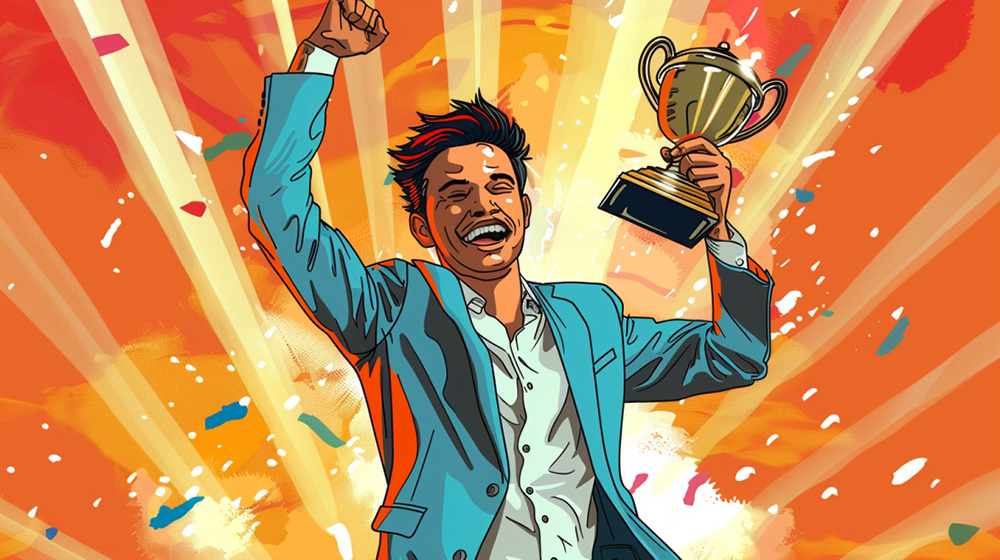
Contrary to that, you might opt for a field of photography like doing actors' headshots instead. When you’re doing headshots for actors, your day rate is going to be far less than that of a commercial photographer. But, you stand the chance to work far more often. You might get paid less per assignment, but there are more assignments to be had. So you can shoot multiple sessions per day and have a very busy week, whereas, hypothetically speaking, a commercial photographer might shoot one job per month. Again, that will mean different things financially depending on the level of the photographers in our scenario. But the point being that, if you are someone who needs to be constantly shooting and you don’t want to deal with long production schedules, or things like image licensing rights or having to answer to multiple creative directors every time you lift your camera, opting to be a headshot photographer might actually provide you with a happier life than a life as a commercial photographer. Ditto for wedding photographers, travel photographers, etc.
Each genre will provide a lifestyle associated with that type of photography. So, it would behoove you to figure out beforehand what type of life you want to live. The individual images you will create are, no doubt, supremely important. But, if you have any expectations of maintaining your career over the long haul, you’ll also want to ensure that you are on a path that is best suited to your personality and will help you maintain your happiness, on and off the set.
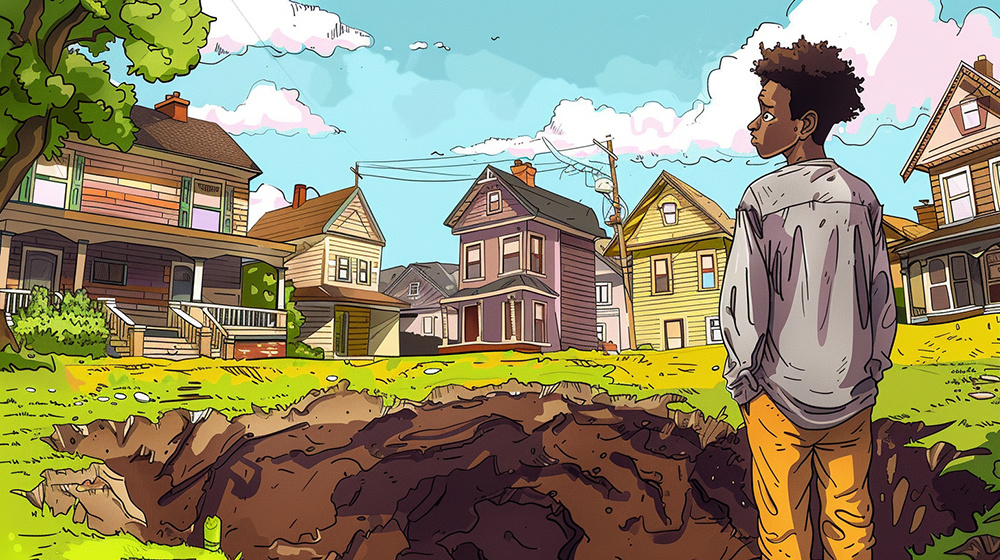
How Do You Feel About Change?
A lot of career discussions are aimed at trying to find the best landing place for you based on your interests, personality, and skill set. But, one thing that becomes clear over a career in the arts is that the industry itself is a moving target.
Since I first went full time as a photographer/director to now, the playing field has shifted dramatically. Over the course of my career, I’ve seen shifts from film to digital, from social media just being another thing to social media being THE thing, the birth of the influencer, the coming of artificial intelligence. The type of product my clients are looking to buy as well as how much they are willing to pay for that product has completely shifted. Following the pandemic that shall go unnamed, the very basic ways in which I can communicate with potential customers have changed. Once tried and true methods of marketing have now been thrown completely out of the window. Entire markets have disappeared. New ones have sprung up with entirely different sets of rules and expectations. The only constant in the business is change.
So, if you’re deciding whether or not this is the right career for you, you have to understand that the career itself may be completely different in five years from how it is now. If, for example, you got into photography because you saw yourself jet-setting around the world and spending thousands of publishers’ dollars on shooting editorial celebrity portraits in exotic settings, well, welcome to the new world where print magazines are falling fast and those that still survive have slashed their shooting budgets to unrecognizable levels. You can certainly still do awesome editorial work. But, the type of assignments available when I first started versus now are like night and day. Therefore, if you are getting into the industry just to do one thing, then that one thing no longer exists, are you still going to be happy in your career?
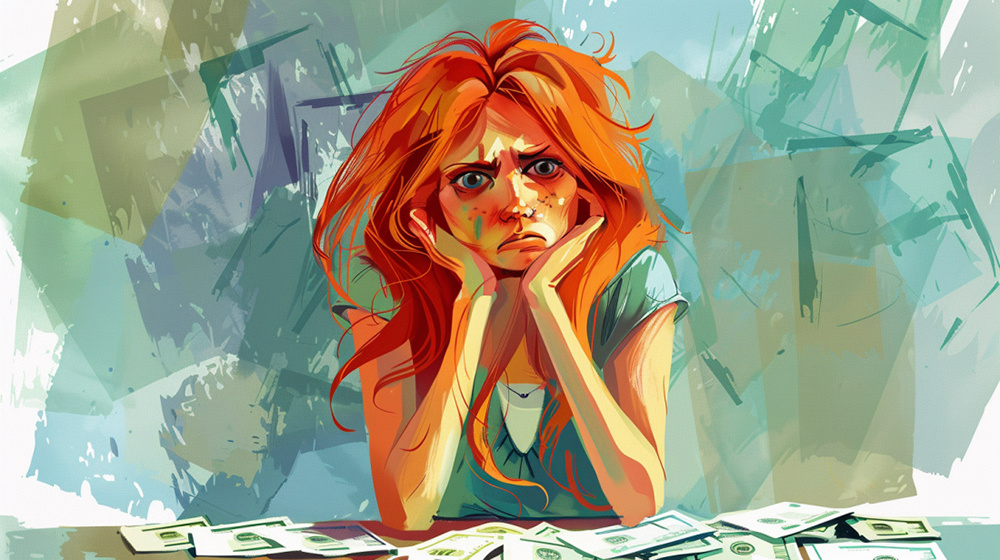
I’ve grown fond of saying “It's not the product, it’s the process.” That means a number of things to me. One, there’s no use in stressing yourself out when creating a project. You have very little control over whether or not the market is going to love it or hate it. All you can control is enjoying the process of creating the art in the first place. The rest is out of your hands. But the same saying applies to a more macro view.
Are you getting into this just because of the acclaim and street cred it gives you among your Instagram followers? Or, do you genuinely love the art form and literally can’t be happy without it being at the center of your every waking moment? If you are only in it for the end result, you may find your career to be short-lived. Not because you aren’t good enough, but because things change. Circumstances change. The world changes. And your goal posts will inevitably be moved over time. Conversely, if you are in this because you love the art, you love the process of discovery, and you are constantly in search of ways to improve, then you are far more likely to be able to weather the storm. In that second scenario, the inevitable ebbs and flows in the marketplace will still sting, but have far less effect as they don’t change your overall motivation to create great art. The ups and downs that will come financially do matter, but whether you are in a time of feast or a time of famine, if you are judging your success based on your relationship with your art rather than external validations like money or prestige, you will find yourself in far more control of your happiness.
Deciding whether or not to pursue your art full time is a personal decision. It’s not one that I, or anyone else, can make for you. I’m a dreamer. So I’m always there to cheer on those brave enough to take the leap. But, as your toes are inching closer to the edge of the platform, take a few moments to take a look at the bigger picture. Where do you want to go? What type of life do you want to lead? And is your art the thing that is going to get you to the promised land?
